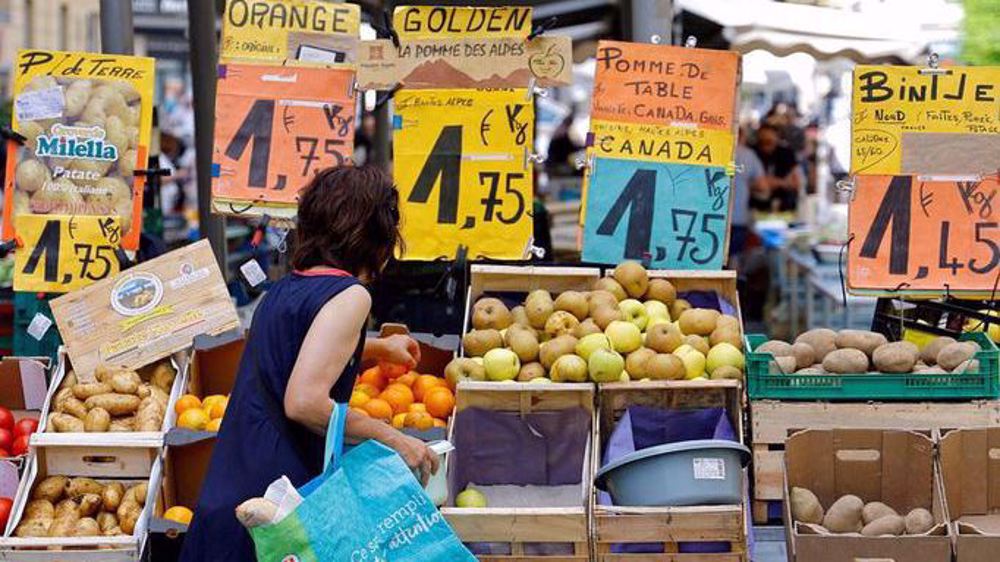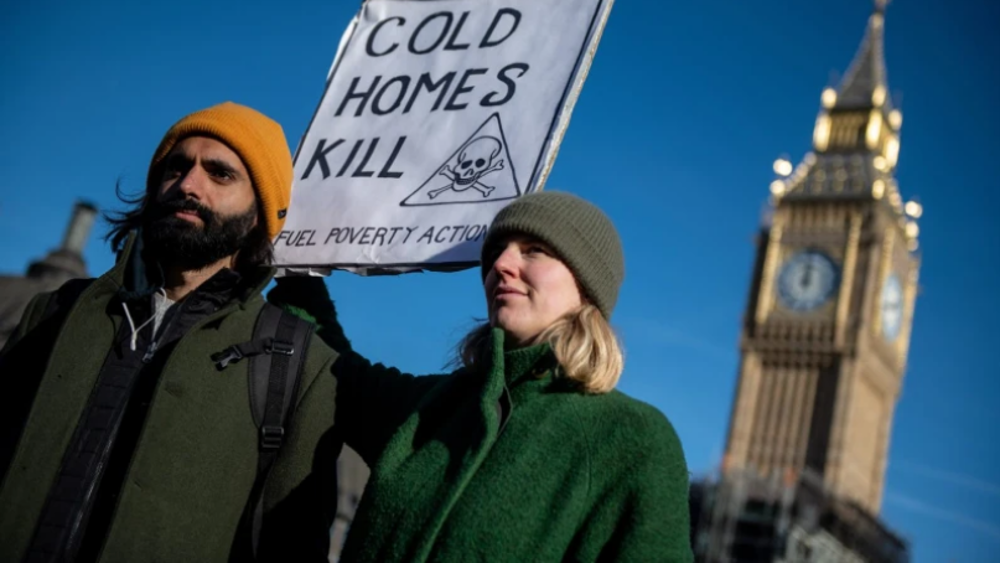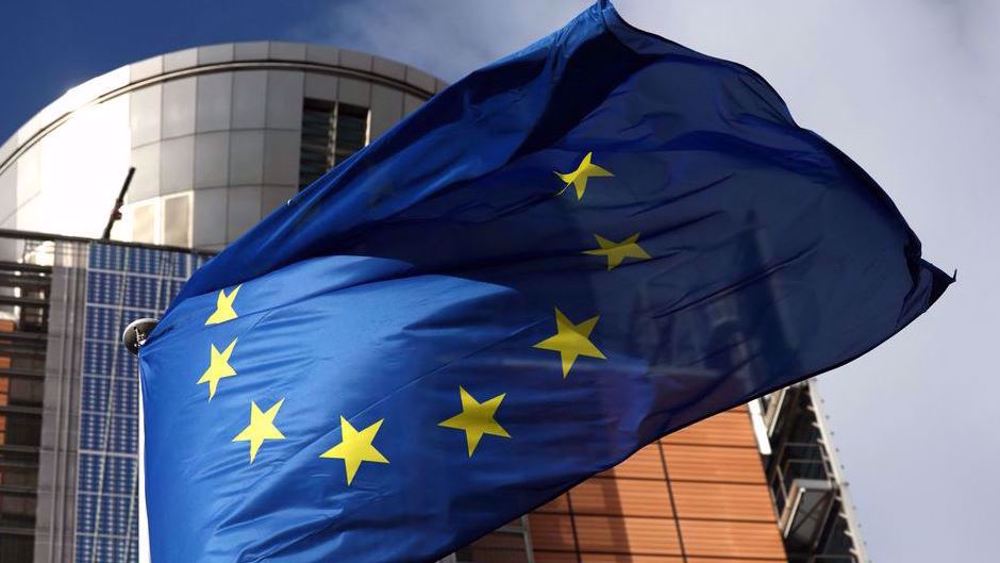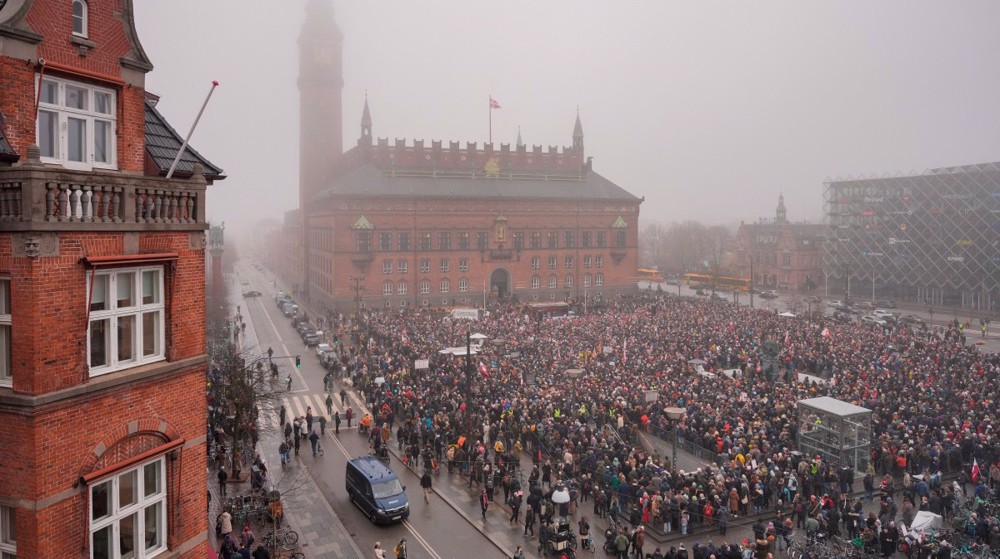Households across Europe struggle to pay bills as cost of living crisis bites
Families across the European continent are struggling to pay their bills as the cost of living crisis continues to aggravate amid the raging war in Ukraine, which completed one year this week.
The crisis in Europe started with the energy crisis triggered by the Nord Stream pipelines' fiasco, but a cost of living crisis "has now spread to all sectors and is affecting all of Europe and further afield," according to a Sunday report published by Euro News.
The problem has many dimensions but the one that most concerns political leaders in Europe and affects households the most is "food price inflation", the report said, pointing to the staggering rise in food prices in several European countries.
Read more:
To heat or to eat? Britons' soaring energy bills
Britons turn to pet food amid cost of living crisis
In February, food prices continued their upward trend across the continent after surging more than 18 percent on average in January, compared to a year ago.
In Hungary, where Prime Minister Viktor Orban had blasted the European Union for imposing ill-considered sanctions on Russia, food price hikes were the worst at 48.2 percent, followed by Lithuania at 32 percent, and then Slovakia with an inflation rate of 28.6 percent.
"When we're talking about energy prices versus the cost of food, there is a 'lag on' effect that we have to consider," Rick De Oliveira, an energy analyst with TELF AG, was quoted as saying in the report.
"For example, the prices that we're seeing at the supermarkets today - they reflect on energy prices six months ago, when the food was produced. So, we believe that we will only see a decline in food prices in about 6 months if energy prices stabilize."
He predicted that it will take politicians, with the help of economists, a couple of years to resolve the cost of living crisis if the right steps are taken.
The most serious threat to the global community, according to the World Economic Forum's 2023 Risk Report, is the impact of the cost of living crisis.
As food prices increase, food security decreases, causing social tensions. In turn, restoring food security strains the budgets of governments struggling with rising food import bills and diminishes the capacity to fund extra social protection for the most vulnerable.
Not only has access to inexpensive Russian commodities, including energy, been cut due to the sanctions on Moscow but it has put an additional burden on the countries supplying arms to Ukraine, straining their budgets even more.
Since Russia launched its military operation in Russia a year ago, NATO countries led by the US have provided billions of dollars in military aid to Ukraine.
Last month, Ukraine's president succeeded in getting tanks from the Western allies, and he is now appealing to the West for military jet planes.
Many countries in Europe, including France and Germany, have been rocked by widespread protests in recent days with thousands of protesters taking to the streets denouncing the war in Ukraine and calling for a halt in arms deliveries to Kiev.
Trump says 'feels no obligation' to pursue peace after Nobel Prize snub
Israeli military kills Palestinian teen in southern Gaza despite truce
Recent terrorist war on Iran similar to Israel’s pager attack on Lebanon: Qalibaf
VIDEO | Thousands rally in Kargil against US, Israel 'interference' in Iran
Hamas blasts ‘torture and brutality’ against Palestinian prisoners in Israeli jails
Truth as first casualty: Deconstructing disinformation campaign on Iran riots death toll
Surrender, humiliation have no place in our lexicon: Lebanese MP
VIDEO | Press TV's news headlines












 This makes it easy to access the Press TV website
This makes it easy to access the Press TV website